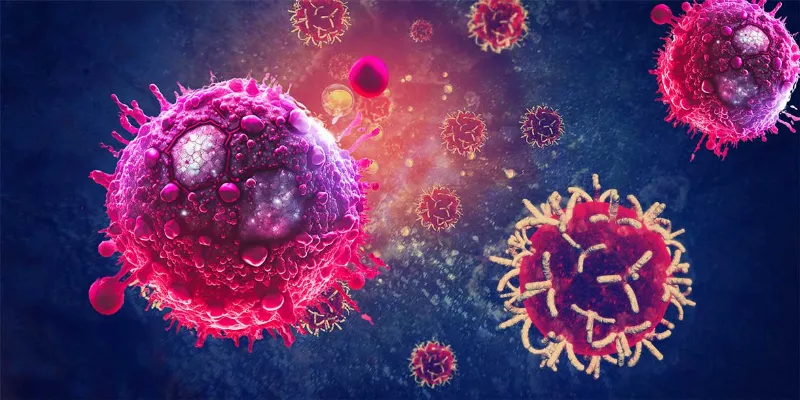Novel Gender-Specific Melanoma Vaccine Marks a Milestone in Cancer Treatment

3 April 2024
Researchers at the UVA Cancer Center have developed a second-generation melanoma vaccine that significantly improves survival rates, particularly in male patients. These findings underscore the potential for gender-specific treatment strategies and represent a significant advancement in the development of cancer vaccines.
A novel melanoma vaccine has shown promising results, according to a study published in Nature Communications. Scientists have revealed that the second-generation vaccine outperforms its predecessor by employing a dual approach. This strategy, which stimulates both helper T cells and killer T cells, significantly enhances the body's defense against melanoma recurrence.
The revelation that the vaccine's efficacy is notably higher in male patients than in females has sparked a broader discussion about the role of biological sex in the effectiveness of immune therapies. This disparity underscores the necessity for a deeper understanding of how treatments can be optimized across genders.
Dr. Slingluff's vaccine targets melanoma through a unique combination of peptides that activate the immune system's T cells. In a comprehensive clinical trial involving over 160 volunteers with high-risk melanoma, two variants of the vaccine were tested, showing an enhanced overall survival rate among those who received the second-generation vaccine. Remarkably, younger men with earlier-stage melanoma benefited the most, offering hope for a "meaningful and durable" improvement in survival rates.
“We were very excited by these findings and for the promise to improve survival with these vaccines. These findings support the promise of this second-generation melanoma vaccine for prolonging survival of patients after surgery for high-risk melanoma. We hope that we can make this available to patients in addition to other effective immune therapies so that they may have even greater benefit than either treatment alone,” said Dr. Slingluff, translational immunologist at UVA Cancer Center.
The implications of Dr. Slingluff's work extend beyond melanoma, potentially guiding the development of vaccines for other cancers. By understanding the influence of biological factors such as sex on vaccine effectiveness, researchers can tailor treatments to meet the diverse needs of patients more effectively.
About study
In a phase II clinical trial, high-risk melanoma patients received a multipeptide vaccine aimed at CD8+ T cells, with variations focusing on CD4+ helper T cells: one with melanoma-specific peptides (6MHP) and another with a generic tetanus peptide (tet). Pre-treatment included Cyclophosphamide (Cy). Analysis showed that adding 6MHP led to significantly longer survival, a benefit notably seen in male patients. This suggests that targeting CD4+ cells enhances vaccine efficacy and highlights the importance of considering patient sex in cancer vaccine development and immune therapy effectiveness.











Comments
No Comments Yet!